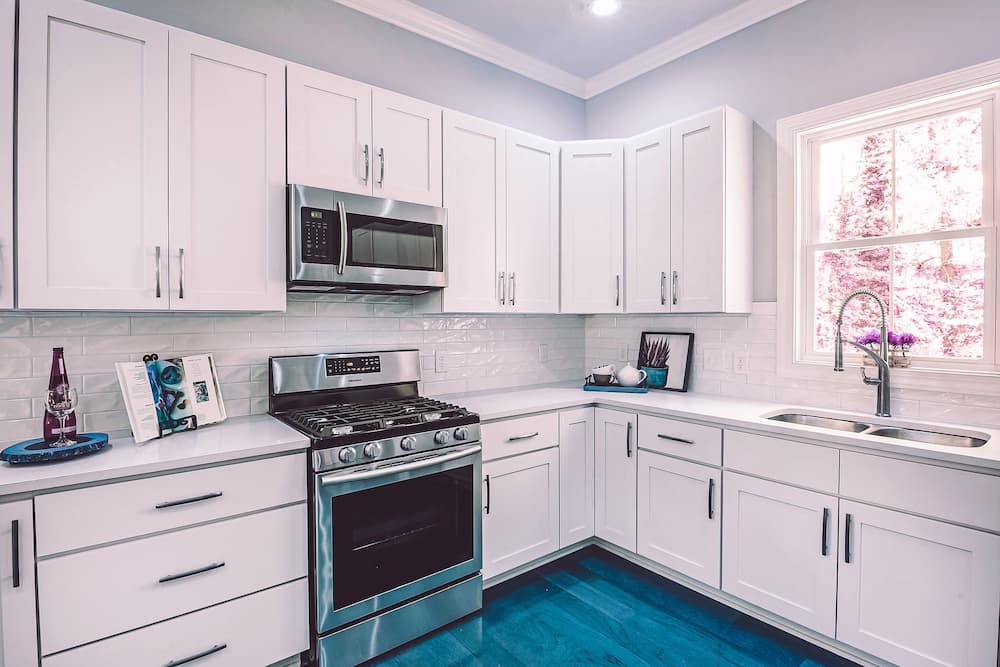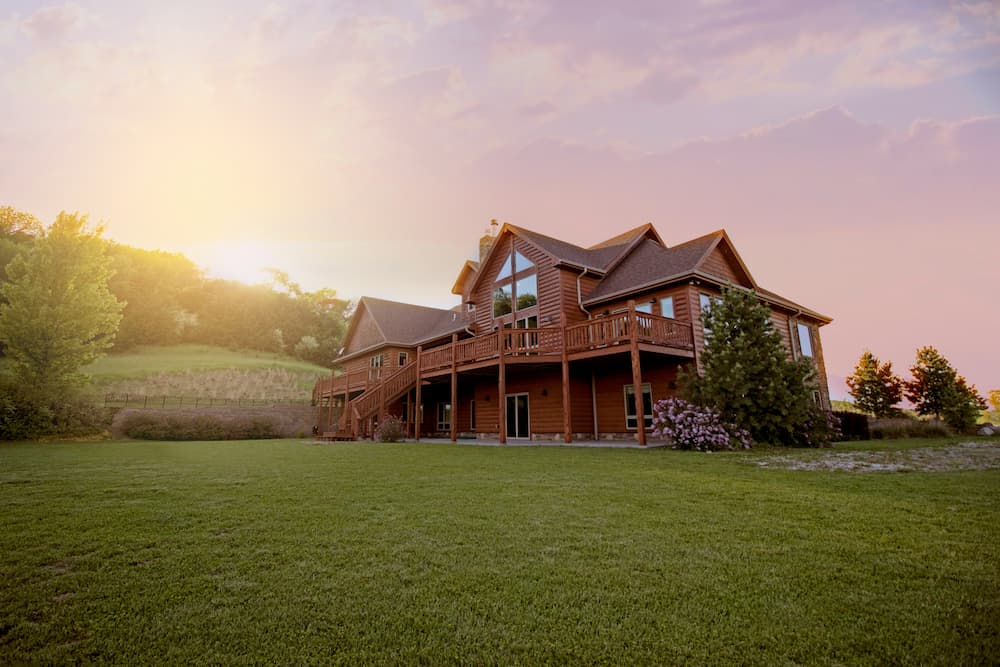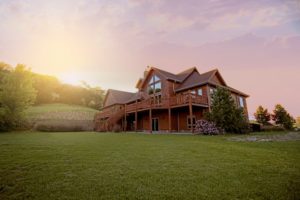let’s chat!
Ready to connect? Count on us! Reach out today and let’s start the conversation.

First, evaluate your financial resources. You should ideally have a minimum of 5% of the home’s purchase price saved for the down payment. Although saving can be challenging, investing in a home should be viewed as part of your long-term financial and personal development strategy.
Secondly, consider how long you plan to reside in your new home. Relocating incurs expenses, so it’s essential to position yourself to build equity over time. Stability in both your job and home life can significantly aid in this endeavor.

There are three primary benefit programs available to first-time homebuyers in British Columbia (BC).
BC Property Transfer Tax Exemption:
The BC Property Transfer Tax is typically 1% on the first $200,000 of the purchase price and 2% on the remainder, making it a significant expense in any real estate transaction. However, qualified first-time homebuyers are exempt from paying this tax.
RRSP Home Buyer’s Plan:
Offered by the Federal Government, the HBP program allows individuals to withdraw up to $25,000 ($50,000 for couples) from their Registered Retirement Savings Plan (RRSP) tax-free to use towards the down payment on a home. This withdrawn amount must be repaid to the RRSP over the next 15 years.
B.C. Home Owner Mortgage And Equity Partnership Program:
This program provides first-time homebuyers with a loan from the B.C. government to assist with the down payment. The province matches the amount saved by the buyer, up to $37,500 or 5% of the purchase price. No interest or principal payments are required for the first five years of the 25-year loans, provided the home remains the buyer’s primary residence. Subsequently, buyers make monthly payments at prevailing interest rates, and the loan is registered as a second mortgage.
To illustrate, for a $475,000 home where the first-time buyer has saved $11,875 (2.5% of the selling price), the province matches this amount, enabling the buyer to make the required minimum 5% down payment of $23,750. Alternatively, for a $750,000 house where the buyer has saved 7% ($52,500), the province still matches up to 5% of the price. The maximum government loan of $37,500 allows the buyer to put down $90,000, reducing interest costs and mortgage insurance premiums.
Applicants must meet certain criteria, including a purchase price of $750,000 or less (excluding taxes and fees), pre-approval for an insured mortgage covering at least 80% of the purchase price, Canadian citizenship or permanent residency for at least five years, one year of residency in BC before applying, no previous real estate ownership worldwide, and a combined gross household income under $150,000.
For more information and application instructions, visit the official website. Keep in mind that government regulations may change, so consulting with a notary or lawyer is advisable to determine your entitlement to benefits.

If you haven’t completed the mortgage pre-qualification process yet, it’s essential to meet with a lender or mortgage broker. They will assess your financial situation and determine the amount of mortgage you qualify for. Since mortgage rates can vary significantly, it’s crucial to shop around to find the best rate, terms, and options available..

Pride of Ownership
Owning a home brings a sense of pride and independence that many Canadians cherish. Unlike renting, there’s no landlord to answer to, giving you the freedom to make improvements as you see fit. Any increase in your home’s value directly benefits you, providing a solid investment for the future and a source of stability and security for your family.
Appreciation
In Canada, home values have seen significant appreciation in recent years, contributing substantially to homeowners’ overall net worth. Unlike other investments like stocks and bonds, your home is more than just a financial asset—it’s a place to live and enjoy. Additionally, the principal residence is exempt from capital gains taxes, adding to its appeal as an investment.
Equity Building through Mortgage Reduction
With each monthly mortgage payment, a portion goes towards reducing the principal balance of your loan, thereby increasing your equity in the property. This steady accumulation of wealth allows homeowners to build financial security while benefiting from a comfortable and customizable living space. Moreover, the equity in your home can be leveraged for various purposes such as renovations, education expenses, or entrepreneurial ventures. Why pay someone else’s mortgage when you can invest in your own future?
Ready to connect? Count on us! Reach out today and let’s start the conversation.
Got questions or ready to take the next step in your real estate journey? Reach out to us—we’re here to guide you. Whether you’re looking to buy, sell, or just curious about the market, our team is eager to assist. Contact us today and let’s turn your real estate goals into reality.
“We’ll get back to you within 24 hours, because your time matters as much as your dream home does.”
Contact us today for a complimentary, no-obligation home appraisal. Let’s uncover the true value of your property together.
Connect with us today for a complimentary, no-obligation buyer’s consultation. Start your journey towards finding the perfect home with expert guidance at your fingertips
Save your time, let us handle the research for you. Your convenience, our commitment.
Phone: 1-250-900-6836
Email: info@tomstownandcountry.ca

New rules for short-term rentals on Vancouver Island include stricter regulations aimed at addressing housing shortages and community concerns. These regulations mandate that short-term rental operators must obtain proper licenses, adhere to zoning bylaws, and limit the number of rental days per year. Additionally, increased enforcement and higher fines for non-compliance are being implemented to ensure adherence to these new rules.

The Government of Canada has implemented new legislation regarding foreign ownership of real estate. Under the Prohibition on the Purchase of Residential Property by Non-Canadians Act, non-Canadians and corporations controlled by non-Canadians are prohibited from purchasing residential property in Canada for a period of four years, commencing on January 1, 2023. These regulations will be in effect until January 1, 2027, after which the Act and its associated regulations will be repealed. For further information, refer to the Regulations published in the Canada Gazette.

New rules for Agricultural Land Reserve (ALR) properties on Vancouver Island emphasize preserving agricultural land and promoting farming activities. These regulations restrict non-farm uses, enforce stricter subdivision controls, and require that primary residences on ALR land be used primarily for agricultural purposes. The aim is to protect the island’s agricultural land base and support local food production.